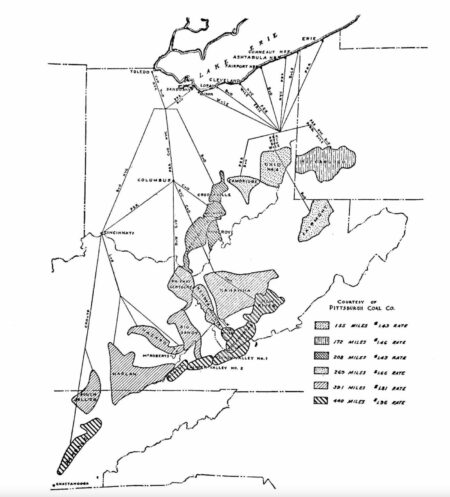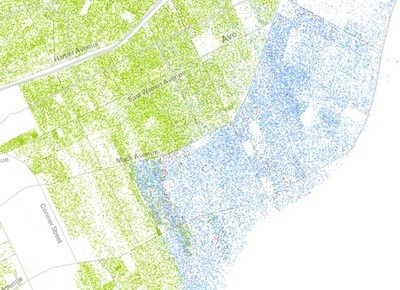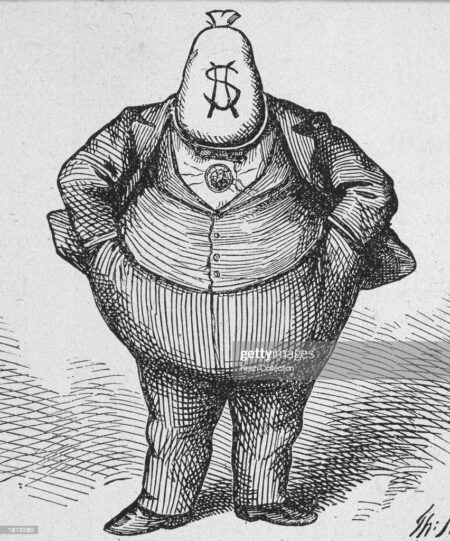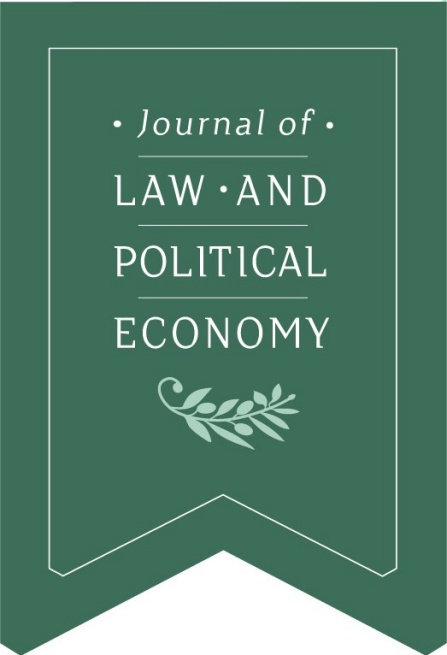
DOJ & FTC Fireside Chat: Worker Bargaining and the Antitrust Laws – 19th Century through the Present
The Department of Justice (DOJ) Antitrust Division and the Federal Trade Commission (FTC) have announced an agenda for their upcoming virtual workshop regarding competition in labor markets. On Tuesday, December 6th, Prof. Sanjukta Paul will be engaging in a “Fireside Chat: Worker Bargaining and the Antitrust Laws – 19th Century through the Present,” in dialogue with…








